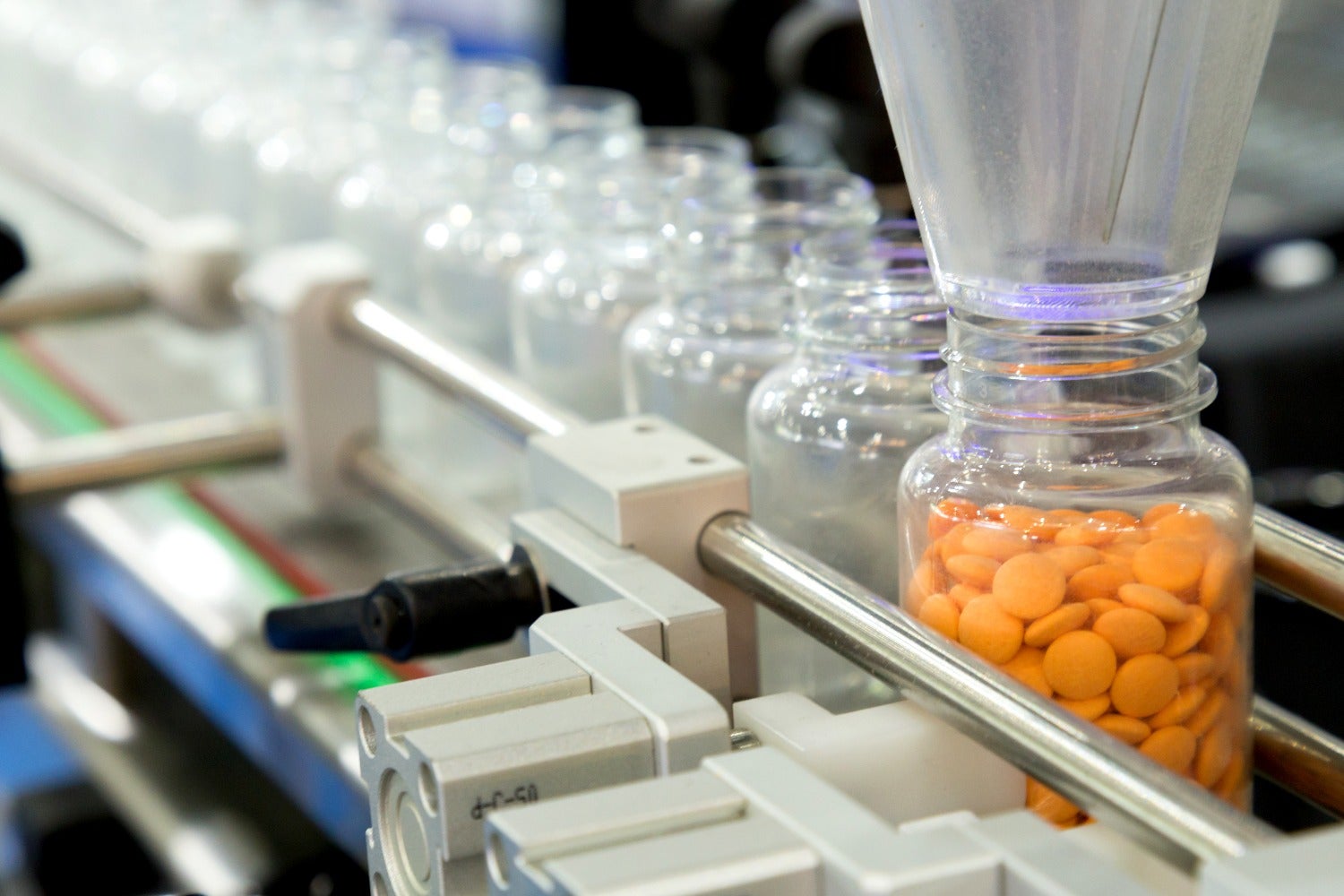Tanzania’s pharmaceutical manufacturing sector, once a stalwart in the industry, has faced a downturn in recent years. By 2013, the country witnessed a surge in pharmaceutical imports, reaching US$286 million, while exports of medicines plummeted to a mere US$1.7 million.

Local estimates suggest that domestic producers held less than a 20% share of the market. Until 2013, Tanzania proudly boasted industry giants such as the Tanzania Pharmaceutical Industry (TPI), alongside family-owned enterprises like Zenufa and Mansoor Daya Chemicals Ltd.
Several challenges confront the Tanzanian pharmaceutical manufacturing sector, with a significant one being the lack of access to finance. The high cost and limited availability of bank financing hinder local firms from investing in new production facilities and technologies. Given the capital-intensive nature of the pharmaceutical industry, effective financing is crucial for local companies to secure working capital for production activities.
Additionally, imported pharmaceuticals often come at a lower cost compared to locally produced brands, attributed to various factors such as economies of scale and government subsidies in exporting countries like India.
Again, Tanzania’s inadequate regulatory framework hinders the enforcement of quality standards and the protection of local firms from intense competition. This, combined with unfair and unpredictable tax policies, exacerbates the decline in manufacturing. In contrast, our neighbors in Kenya excel in this aspect, with clear and streamlined processes and regulations that facilitate the establishment of businesses and improve the ease of doing business.
Tanzania is marred with institutional bureaucracy and red-tape procedures and practices that stifles the
manufacturing sector growth. Quality control is a nightmare everywhere.
The country’s inadequate industrial structure hampers the manufacturing of complex products, resulting in local manufacturers being unable to compete effectively with foreign pharmaceutical companies. Big players in Pharma have moved far and beyond to Integrate modern technology in drug manufacturing while Tanzanian firms can barely produce basic antibiotics and oral preparations to acceptable International standards.
Despite these challenges, there are a number of things that the Tanzanian government can do to fast-track
and revive the growth of the pharmaceutical manufacturing sector back to it’s glorious days.
The government can provide financial incentives to local pharmaceutical firms, such as tax breaks and
low-interest loans. This would help them to invest in new production facilities and technologies,
machines , and to compete with imported pharmaceuticals.
Moreover, the government can strengthen the pharmaceutical regulatory framework to ensure that all
medicines, both imported and locally produced, meet high quality standards. This would protect
consumers and boost confidence in locally produced medicines. By advocating for the public procurement of locally manufactured medicines, the government can offer a secure market for local companies, fostering business growth and driving momentum in the manufacturing sector as a whole.

Furthermore, the public tendering process should prioritize local manufacturers to provide a boost and discourage policies that promote excessive imports of pharmaceuticals, which harm local businesses. The Tanzanian government should impose duties and tariffs on imports without disrupting the smooth supply of essential medicines and medical supplies in the country.
In addition to these government interventions, there are several initiatives that local pharmaceutical firms can undertake to enhance their competitiveness:
Local pharmaceutical companies need to invest in research and development to create new products and processes to compete with major pharmaceutical companies like GSK and AstraZeneca, or at least meet global standards. This would allow them to set themselves apart from international competitors and produce more valuable products.
Through Investment in R&D local pharmaceutical firms can improve their marketing and distribution
networks to reach a wider range of customers. Marketing is an integral part of management and effective
management is cornerstone to increase in sales revenue and profitability.
The effective Pharmaceutical supply chain management will ensure a streamlined process of getting drugs
to market and consumers in a timely manner.
The Local pharmaceutical firms can form strategic-partnerships with foreign firms to gain access to new
technologies and markets. Countries like China and India are best choices, This would help local firms to
become more competitive and to grow their businesses and expand globally.

Thanks to the Plethora of Pharmaceutical Training Institutions in the country , it means the sector will
have a wide pool of well trained workforce to take on the job of ensuring GMP is adhered to. In
additional to sourcing expertise in other areas like Quality assurance and Control.
Author: Jafari Ahmad:
Jafari Ahmad is an Academic Pharmacist,Social Researcher & a fellow of Auschwitz institute for Peace and Reconciliation-US
Email: tafakuri.tunduizi@yahoo.com
Phone: 0739185139







whoah this blog is magnificent i love reading your posts. Keep up the great work! You know, a lot of people are looking around for this information, you can help them greatly.